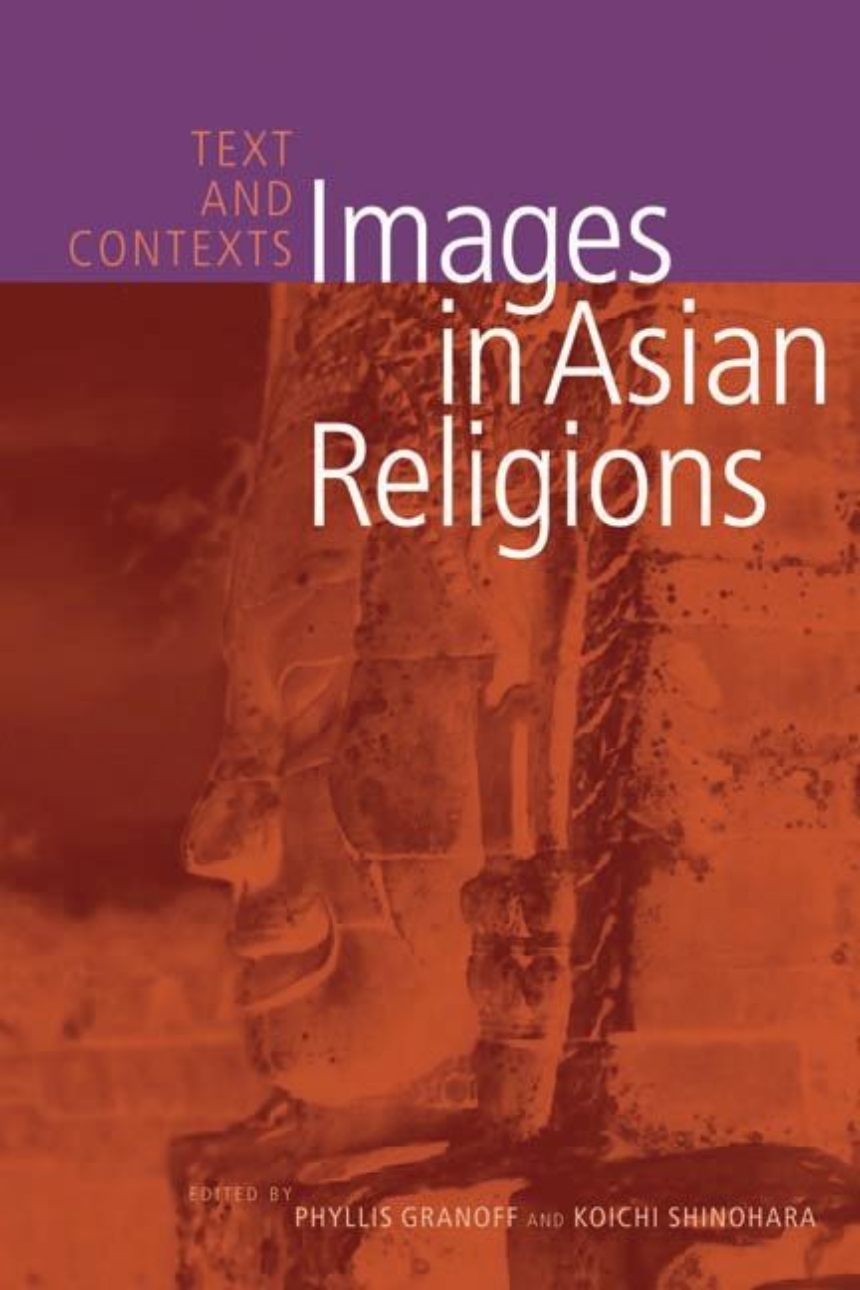This collection offers a challenge to any simple understanding of the role of images by looking at aspects of the reception of image worship that have only begun to be studied, including the many hesitations that Asian religious traditions expressed about image worship. Written by eminent scholars of anthropology, art history, and religion with interests in different regions (India, China, Japan, and Southeast Asia), this volume takes a fresh look at the many ways in which images were defined and received in Asian religions.
Buddha Dharma Kyokai Foundation Book on Buddhism and Comparative Religion
396 pages | © 2004
Table of Contents
Contributors
Foreword
Acknowledgments
Introduction
Part 1: Defining Images: The Sacred Objects of Indian Religions
1. Images and Their Ritual Use in Medieval India: Hesitations and Contradictions
2. Theology as History: Divine Images, Imagination, and Rituals in India
3. Of Metal and Clothes: The Location of Distinctive Features in Divine Iconography
Part 2: Images and the Elite Intellectual Culture: Accommodations and Ambiguities
4. At the Right Side of the Teacher: Imagination, Imagery, and Image in Vedic and Saiva Initiation
5. The Competing Hermeneutics of Image Worship in Hinduism (Fifth to Eleventh Century AD
6. Stories of Miraculous Images and Paying Respect to the Three Jewels: A Discourse on Image Worship in Seventh-Century China
Part 3: Recreating the Context of Image Worship: Case Studies
7. Icon and Incantation: The Goddess Zhunti and the Role of Images in the Occult Buddhism of China
8. The Tenjukoku Shucho Mandara: Reconstruction of the Iconography and Ritual Context
9. Obaku Zen Portrait Painting and Its Sino-Japanese Heritage
10. Ritual and Image at Angkor Wat
Index

